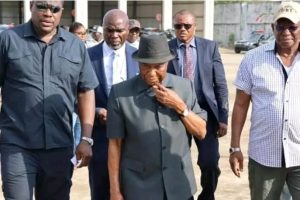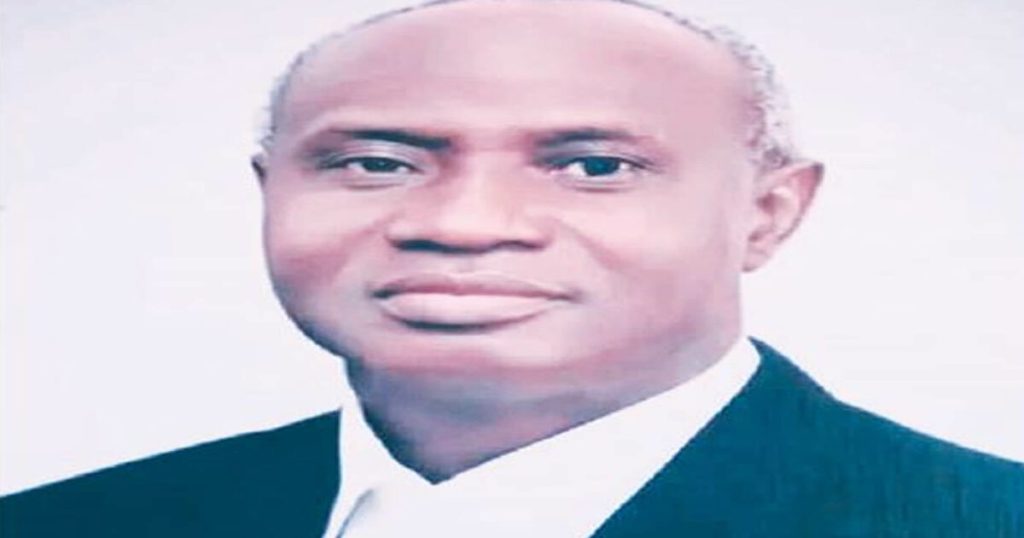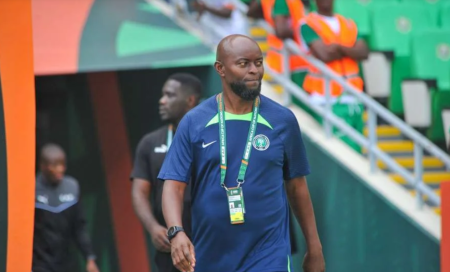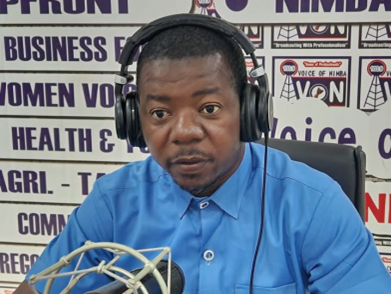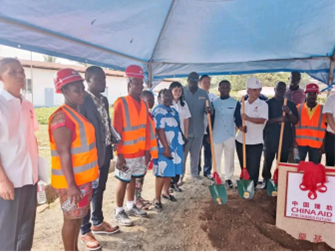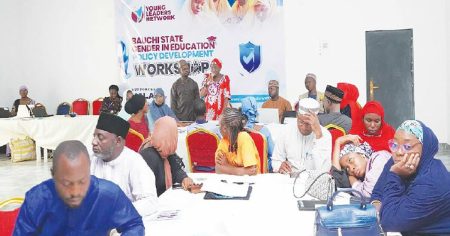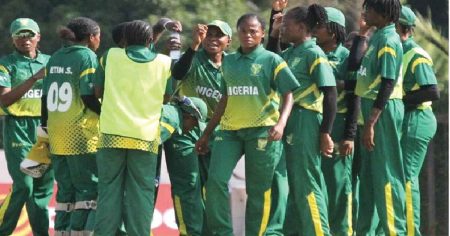Southern Kaduna, a region in Kaduna State, Nigeria, has endured decades of insecurity, political marginalization, and underdevelopment. Communities within the region have been subjected to relentless cycles of violence, banditry, and communal clashes, resulting in significant loss of life and widespread displacement. This volatile environment has not only instilled fear but also crippled crucial socio-economic activities, particularly farming and education, which are the mainstays of the largely agrarian population. The insecurity has further exacerbated existing poverty and inequality, creating a desperate situation for many residents.
Beyond the pervasive insecurity, Southern Kaduna grapples with a deep-seated sense of political marginalization. Despite contributing significantly to the state and nation’s resources and human capital, the region’s representation in government and decision-making processes has remained disproportionately low. This perceived exclusion has engendered resentment and distrust towards successive governments, with many residents believing that policies and development projects are often deliberately skewed against them. This feeling of being deliberately marginalized has fueled further instability and hindered efforts at fostering peace and development.
Amidst these challenges, Apostle Dr. Emmanuel Kure, founder of the Throneroom (Trust) Ministry in Kafanchan, has emerged as a prominent voice for the voiceless in Southern Kaduna. His ministry, which extends across Nigeria, Africa, the UK, and the USA, goes beyond traditional religious confines. Widely respected as a reformer, mentor, and advocate for social justice, Apostle Kure is admired for his unwavering courage in confronting injustice. He has openly criticized both state and federal governments for their handling of the insecurity and political marginalization plaguing Southern Kaduna.
Apostle Kure’s outspokenness, particularly during the administrations of former Governor Nasir El-Rufai and ex-President Muhammadu Buhari, has earned him both praise and criticism. He has consistently highlighted the plight of Southern Kaduna communities, emphasizing the need for government action to address the rampant violence and discrimination. While some have accused him of being overly critical, his supporters maintain that his advocacy stems from a deep commitment to truth and justice, rather than hostility. He consistently advocates for dialogue, reconciliation, and inclusive governance as essential steps towards healing and lasting peace.
Unlike many religious leaders whose influence is limited to their congregations, Apostle Kure has transformed his ministry into a catalyst for social renewal. Through the Throneroom Ministry, he has implemented various empowerment initiatives, including scholarships for underprivileged students, vocational training programs for unemployed youth, and livelihood support for struggling families. These interventions have provided vital pathways to dignity, self-reliance, and purpose for countless young people, offering hope in the face of adversity. His work has demonstrably impacted the region, offering concrete solutions to pressing socio-economic problems.
Apostle Kure’s influence extends beyond his ministry. He holds prominent positions within religious organizations, including serving as National Secretary and a member of the National Advisory Board of the Pentecostal Fellowship of Nigeria. His leadership and commitment to social justice have been recognized nationally, exemplified by his inclusion among the 100 most influential Christian ministers in Nigeria in 2018. His activism, combined with his pastoral duties, has made him a significant figure in the ongoing struggle for peace and justice in Southern Kaduna and beyond. He embodies a model of religious leadership that actively engages with social and political issues, advocating for the marginalized and holding power accountable. His message of peace through justice resonates deeply with a population yearning for security and equitable representation.



